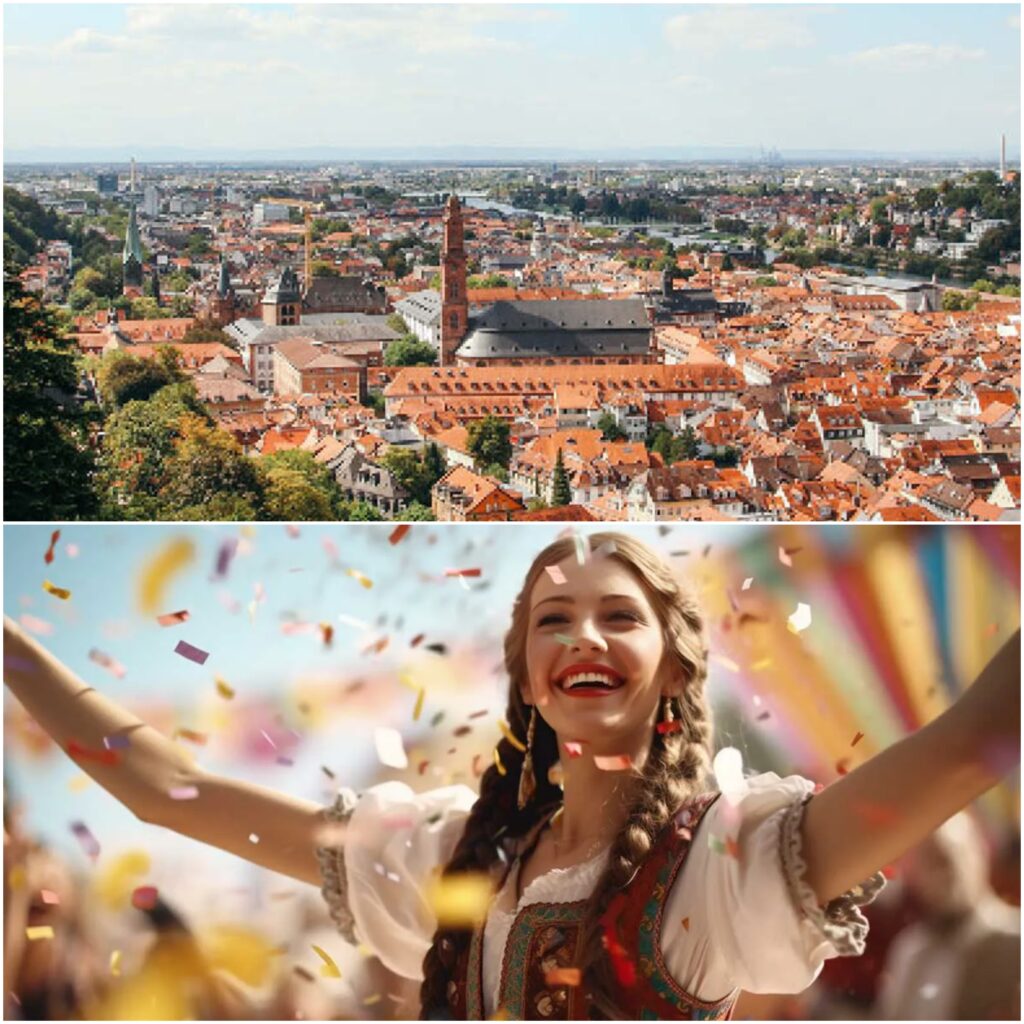Germany is a country famous for its rich customs, architecture, and history, with many cultural facts about Germany reflecting its diverse topography
With a rich cultural identity that combines the traditions of the past with the contemporary lifestyle, Germany has it all; language, festivals, cuisine, sports, art, and education.

What Are Some Cultural Facts About Germany?
German Language – A Key to Understanding the Culture
German is the official language of Germany and is spoken by over 100 million people. It is also used as an opening to the country’s literature, philosophy, and artistic creations.
One of the fascinating cultural facts about Germany is that German was the original language of many well-known works by authors and thinkers like Johann Wolfgang von Goethe and Immanuel Kant.
Since learning the language links one to centuries of history and tradition, it is frequently considered an essential beginning toward understanding German culture.
Festivals and Traditions – Celebrating Life the German Way
German culture is heavily reliant on festivals, which feature a variety of distinctive events that unite local communities.
The most well-known is Oktoberfest, a beer festival that draws millions of tourists to Munich each year.
Germany comes to life at Christmas with its many Christmas markets, where both residents and visitors may savor delectable treats, artisanal products, and good cheer.
These gatherings show the deep feeling of community and tradition that Germans value.
Cuisine – A Blend of Flavors Reflecting German History
Regional variations exist in German food, but strong and aromatic dishes are the norm.
Popular dishes include sauerkraut, schnitzel, pretzels, and bratwurst (sausage).
Among the interesting cultural facts about Germany is its love for bread, with hundreds of types to choose from.
Desserts like apple strudel and Black Forest cake are favorites among the locals who have a sweet tooth.
In Germany, food plays a significant role in culture since it is frequently linked with social events and festivities.
Art and Music – A Legacy of Masterpieces
Germany has significantly influenced music and art worldwide.
Many renowned classical composers, including Richard Wagner, Johann Sebastian Bach, and Ludwig van Beethoven, were born there.
Even now, performances of their works may be found all over the world. Germany is home to well-known visual artists such as Albrecht Dürer, whose intricate paintings and woodcuts are still revered today.
Germany’s innovation and deep admiration for culture are seen in its music and art.
Sports – A Passion Beyond Football (Soccer)
In Germany, soccer, or football, is the most popular sport, with millions of supporters cheering on teams like Borussia Dortmund and Bayern Munich.
Football is not the only sport that Germany loves. Motorsports, ice hockey, and handball all have strong fan bases.
Germany has a long history of success in sports, having placed highly in the Olympics four times and winning the FIFA World Cup four times.
Work Culture – Efficiency and Precision at the Core
Germany is known for its efficient work culture that emphasizes high-quality output, timeliness, and productivity.
Germans strongly believe in preserving a healthy work-life balance and frequently draw a distinct line between work and personal life.
Germany is well-known for its manufacturing and engineering sectors, which reflect the precision and detail-oriented German mentality.
German Holidays – A Reflection of History and Tradition
Many public holidays, each with a unique cultural or historical significance, are observed in Germany.
October 3rd is German Unity Day, marking the 1990 reunification of East and West Germany.
Easter and Christmas are two more significant holidays that are observed with traditional meals, religious services, and family get-togethers.
These celebrations shed light on Germany’s rich history and vibrant feeling of community.
Architecture – A Journey Through Time
Germany’s past and present are reflected in its architecture, highlighting some fascinating cultural facts about Germany.
Germany has many architectural treasures that date back centuries, ranging from Gothic-style churches with towering spires to medieval castles located on hilltops.
Modern architecture is on display in cities like Berlin, where sleek forms coexist with historically significant structures that survived the war.
Discovering a modern urban center or a centuries-old town, Germany’s architecture is a tribute to its rich cultural past.

Education – A Culture of Knowledge and Innovation
German education is respected and the country is known for having top-notch colleges and schools, showcasing some impressive cultural facts about Germany.
German universities are renowned for their robust STEM (science, technology, and engineering) curricula, and many of them provide free tuition to overseas students.
Since education is viewed as a means of fostering innovation, Germany has become one of the most advanced countries in the world due to its focus on technical skills and research.
A Tapestry of Traditions, History, and Modernity
Germany’s culture is a rich fabric made from historical events, modern developments, and centuries of customs. Many cultural facts about Germany are woven throughout its history.
Germany has an interesting blend of traditional and modern elements, shown in its language, festivals, art, sports, and workplace culture.
Germany is an area full of cultural gems worth exploring, whether you are enjoying its mouthwatering food, attending its festivals, or learning about its contributions to music and art.
Read Also: Mind-Blowing Facts About Physics That Will Change How You See the World!
